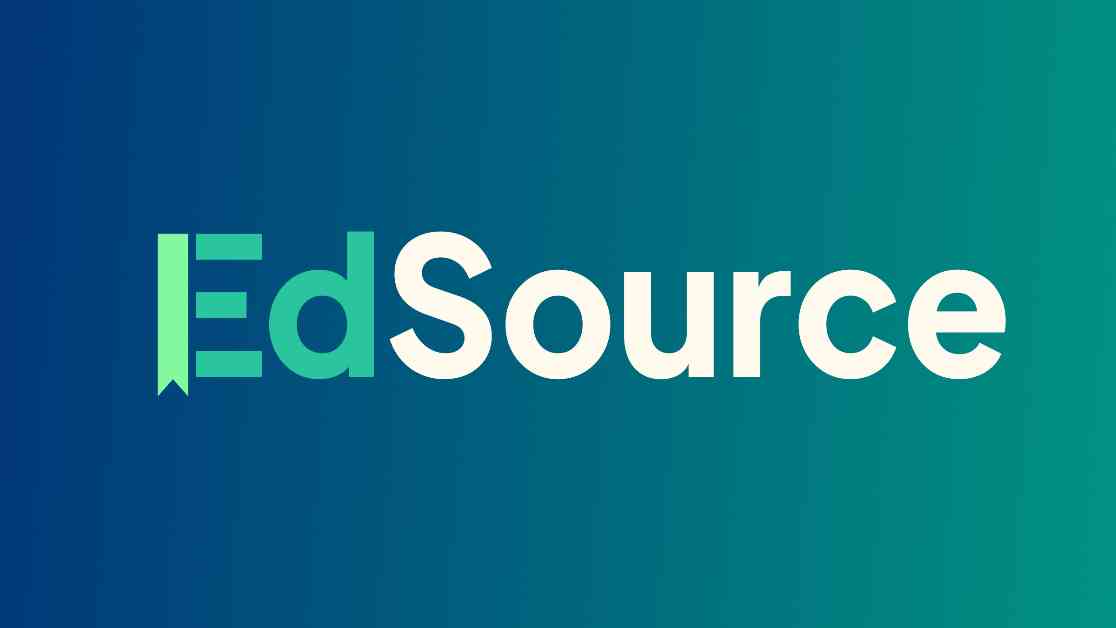California’s ‘Career Passport’ Revolutionizes Job Hunting Experience
In the bustling streets of South Los Angeles, Trevon Reed dedicates his days to helping those without homes find shelter through the Homeless Outreach Program Integrated Care System (HOPICS). A vital component of the community, Reed navigates the complexities of social work with skill and compassion, thanks in part to the classes he completed at East Los Angeles College.
Reflecting on his educational journey, Reed fondly refers to his college courses as “the gifts that keep on giving.” However, despite the wealth of knowledge he gained, Reed encountered challenges when entering the job market post-graduation in 2022. Employers seemed to undervalue the skills he had acquired, leading him to accept an entry-level social work position that required him to undergo redundant training.
“I had to prove that I wasn’t brand-new to social work,” Reed shared. “I could have used a bit more recognition for what I already knew.”
The disconnect between academic learning and practical experience is a common hurdle faced by job seekers like Reed. While career education encompasses various pathways such as school, college, apprenticeship, military service, or volunteering, the accumulation of valuable skills is not always effectively documented in the records of prospective employees.
Recognizing this gap, California has embarked on a groundbreaking initiative to revolutionize the job hunting experience through the development of a digital platform known as the Career Passport. Designed to compile an individual’s diverse experiences into a dynamic digital portfolio, akin to a resume, the Career Passport aims to create a “learning employment record” accessible to all Californians. This record would automatically update as individuals acquire new skills and credentials, validated by educational institutions and employers.
Governor Gavin Newsom articulated his vision for the Career Passport during a press conference in December, emphasizing its potential to leverage personal experiences and skills for professional growth. This innovative approach, while conceptually straightforward, presents significant implementation challenges, according to Wilson Finch, Vice President of Initiatives at the Council for Adult and Experiential Learning (CAEL).
“If this were easy, it would have been done long ago,” Finch remarked, underscoring the complexity of translating the concept of learning employment records into practical solutions.
The concept of learning and employment records has garnered widespread support from employers, colleges, workforce boards, and political leaders nationwide due to the shared frustration among job seekers and employers. Proponents believe that the initiative could yield substantial economic benefits for local and state economies, provided that concerns regarding fraud and accurate representation of skills are effectively addressed.
California’s Career Passport initiative aligns with the objectives outlined in the state’s Master Plan for Career Education, aimed at facilitating smoother transitions between education, training, and employment opportunities for Californians. The proposed budget for 2025-26 allocates $100 million in one-time funding to kickstart the development of the Career Passport infrastructure and expand Credit for Prior Learning, enabling students to receive academic credit for experiential learning.
The California Community Colleges system spearheads the implementation of the Career Passport, under the guidance of Chris Ferguson, Executive Vice Chancellor of Finance and Strategic Initiatives. While the initiative initially targets colleges, it is designed to accommodate broader participation from various entities in the future.
Excitement abounds within the educational landscape as stakeholders anticipate the far-reaching impact of the Career Passport initiative. Mike Simmons, Associate Executive Director of Business Development and Strategic Partnerships for the American Association of Collegiate Registrars and Admissions Officers, underscores the importance of learning from other states’ efforts to navigate potential challenges unique to California’s diverse workforce.
As the state’s Office of Cradle to Career Data orchestrates comprehensive discussions on the Career Passport’s design, Trevon Reed, representing the student perspective, expresses optimism about the prospect of enhanced collaboration between educational institutions and employers, fostering a cohesive ecosystem of learning and employment.
The complexity of the job application process extends beyond technological barriers, as Mary Ann Bates, Executive Director for the Office of Cradle to Career Data, highlights the logistical challenges of obtaining transcripts from multiple institutions. Moreover, the misalignment between educators and employers in terms of desired skills versus academic achievements poses a significant hurdle to effective job matching.
Reed’s personal experience underscores the necessity of a streamlined system that validates specific skills acquired through formal education, training, or hands-on experience. The current binary approach that favors individuals with a college degree overlooks the value of partial completion or alternative pathways to skill acquisition.
In conclusion, the success of the Career Passport hinges on widespread acceptance and adoption by both employers and job seekers. Overcoming entrenched systems and biases requires a concerted effort to bridge the gap between educational institutions, employers, and community organizations, fostering a unified approach to career development. As Reed aptly questions, in a land of diverse opportunities, will the Career Passport secure universal recognition and support? Only time will tell.




















